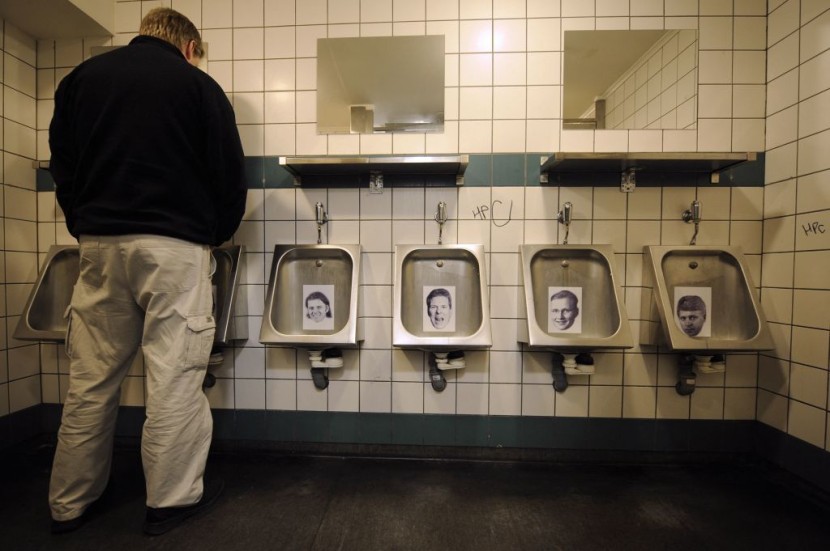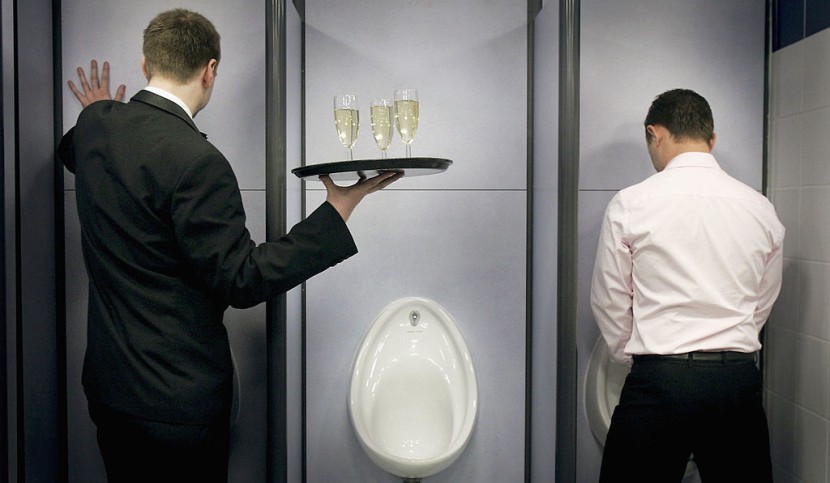Do you pee too much at night? A new study claims that it could be a sign of health issues, such as prostate cancer. The new study was conducted by researchers from King Edward VII's Hospital in London.

Their findings are critical, especially for men, since many males tend to disregard the number of times they pee. If you usually wake up at night just to urinate, here's what the new study revealed.
Peeing Too Much at Night Could Be a Sign of Prostate Cancer
According to Express UK's latest report, the new study revealed that around 28% of respondents pee at least three times at night. Researchers said that 29% of these men blame older age for urinating too much at night.
Meanwhile, 20% of them believe that this has something to do with their prostate. The remaining guys think that they urinate more than once at night because of drinking too much water or drinking coffee before sleeping.
Involved researchers discovered that men who pee too much suffer from a prostate issue, such as prostate cancer.
"It's important that men who are struggling with an issue with pain, delayed or frequent weeing to see their GP at their earliest convenience," said King Edward VII's Hospital consultant Caroline Moore.
Aside from peeing frequently at night, here are other symptoms that men can experience if they are at risk of prostate cancer or other similar health complications:
- Needing to pee more frequently, often during the night.
- Needing to rush to the toilet.
- Blood in urine or blood in semen.
- Straining or taking a long time while peeing.
- Difficulty in starting to pee (hesitancy).
- Feeling that your bladder has not emptied fully.
- Weak flow.
How To Avoid Prostate Cancer?

John Hopkins Medicine provided some tips that men can follow if they want to avoid having prostate cancer. These include the following:
- Make sure your weight is just right for your height (have a healthy weight).
- Exercise regularly if possible.
- Avoid drinking alcohol and smoking.
- Increase your vitamin D. intake.
- Being sexually active can also help.
- Improve your diet by:
- Avoiding charred meat
- Reducing fat intake
- Eating more vegetables and fruits.
© 2025 HNGN, All rights reserved. Do not reproduce without permission.








